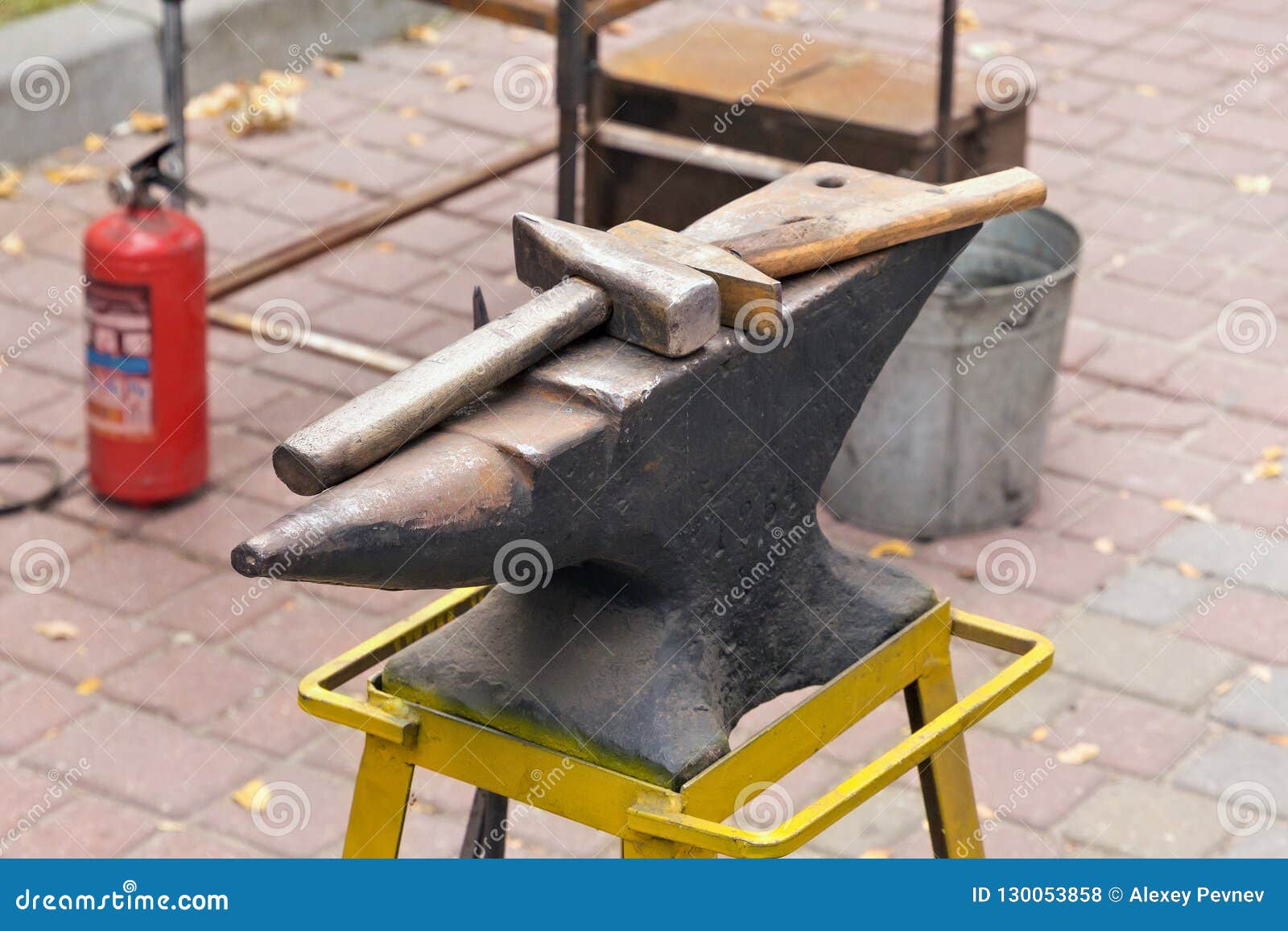

I've got some thoughts on this one.'" Aftermath I thought it was mad." McCartney recalled: "The only arguments were about things like me spending three days on 'Maxwell's Silver Hammer.' I remember George saying, 'You've taken three days, it's only a song.' – 'Yeah, but I want to get it right. After a while we did a good job on it, but when Paul got an idea or an arrangement in his head …" Starr told Rolling Stone in 2008: "The worst session ever was 'Maxwell's Silver Hammer.' It was the worst track we ever had to record. I mean, my God, 'Maxwell's Silver Hammer' was so fruity. Harrison recalled: "Sometimes Paul would make us do these really fruity songs. did everything to make it into a single, and it never was and it never could have been." In the recollection of engineer Geoff Emerick, Lennon dismissed it as "more of Paul's granny music". Lennon said, "I was ill after the accident when they did most of that track, and it really ground George and Ringo into the ground recording it", adding later: "I hate it, 'cos all I remember is the track .
The recording process subsequently drew unfavourable comments from Lennon, George Harrison and Ringo Starr. The song was completed on 6 August, when McCartney recorded a solo on a Moog synthesizer. Over the following two days the group overdubbed vocals, piano, Hammond organ, anvil, and guitar. The unused fifth take can be heard on Anthology 3.

MAGIC HAMMER AND ANVIL SERIES
Sixteen takes of the rhythm track were made, followed by a series of guitar overdubs. John Lennon, who had been absent from recording sessions for the previous eight days after being injured in a car crash in Scotland, arrived to work on the song, accompanied by his wife, Yoko Ono, who, more badly hurt in the accident than Lennon, lay on a large double-bed in the studio. The Beatles began recording the song at EMI Studios (later Abbey Road Studios) in London on 9 July 1969. I don't know why it was silver, it just sounded better than Maxwell's hammer." Recording I wanted something symbolic of that, so to me it was some fictitious character called Maxwell with a silver hammer. In 1994, McCartney said that the song epitomises the downfalls of life, being "my analogy for when something goes wrong out of the blue, as it so often does, as I was beginning to find out at that time in my life. This influence is reflected in the story and tone of "Maxwell's Silver Hammer", and also explains how McCartney came across Jarry's word " pataphysical", which occurs in the lyrics. McCartney's wife Linda said that he had become interested in avant-garde theatre and had immersed himself in the writings of the experimental French author Alfred Jarry. It was rehearsed again three months later, in January 1969, at Twickenham film studios during the Get Back sessions but would not be recorded for another six months. Having completed most of it by October that year, he intended for its inclusion on the album The Beatles, but it was never properly recorded during those sessions due to time constraints. While in Rishikesh, India, in early 1968, McCartney began to write the first verse of the song. In a 2008 interview, Ringo Starr remembered it as "the worst session ever" and "the worst track we ever had to record". All three of his bandmates were vocal in their dislike of "Maxwell's Silver Hammer". These sessions were an acrimonious time for the Beatles, as McCartney pressured the group to work at length on the song.

During the recording of Abbey Road in July and August, the band devoted four recording sessions to completing the track. The song was initially rehearsed during the Get Back sessions in January 1969. McCartney described the song as symbolic of the downfalls of life, being "my analogy for when something goes wrong out of the blue, as it so often does". The song is about a student named Maxwell Edison who commits murders with a hammer, with the dark lyrics disguised by an upbeat sound. It was written by Paul McCartney and credited to the Lennon–McCartney partnership. " Maxwell's Silver Hammer" is a song by the English rock band the Beatles from their 1969 album Abbey Road.


 0 kommentar(er)
0 kommentar(er)
